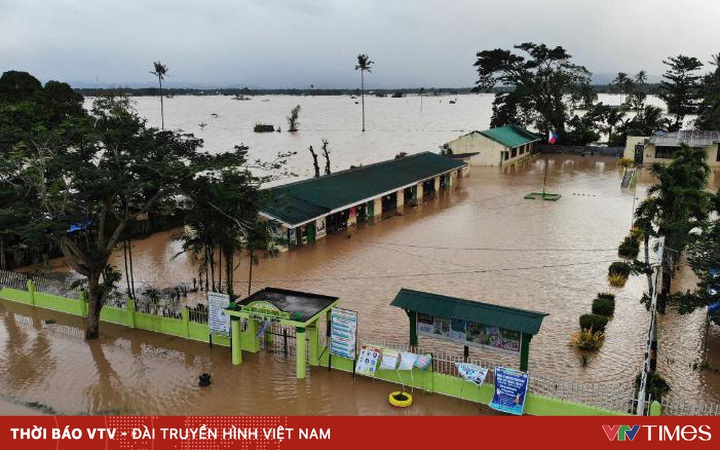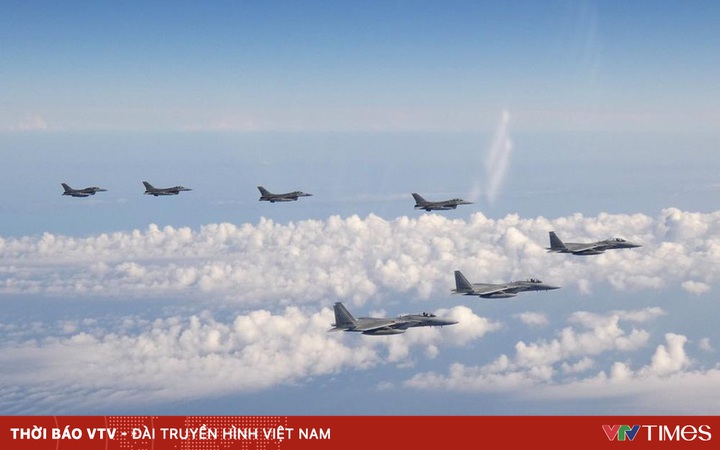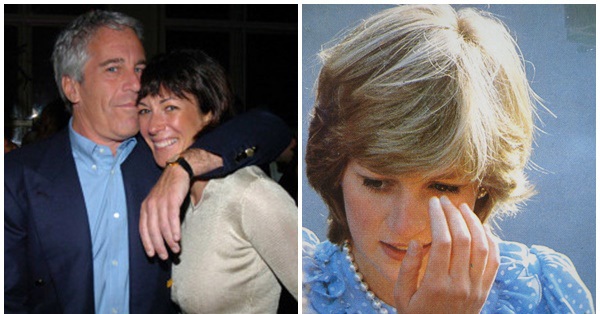Elevate the relationship, close the gap
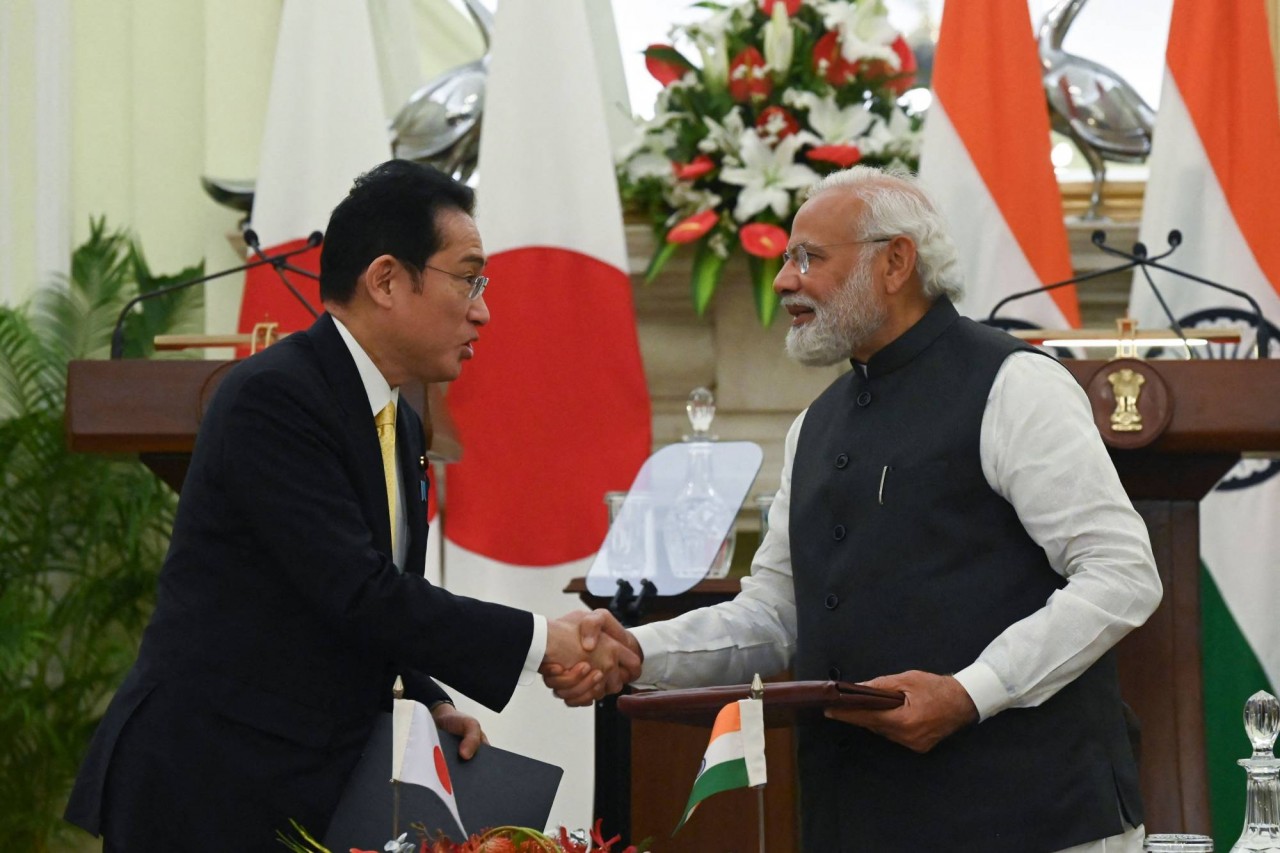 |
| Japanese Prime Minister Kishida Fumio meets his Indian counterpart Narendra Modi on March 19 in New Delhi, India in an effort to improve Japan-India relations. (Source: AFP) |
In the context of the latest developments of the conflict Russia-Ukraine Covering international media, the recent visit of Japanese Prime Minister Kishida Fumio to India on March 19 is still of special interest. What’s in this event?
The opportunity couldn’t be better
First of all, the visit takes place in the context of the world in general and the region Asia Pacific in particular witnessed many rapid and unpredictable changes in recent years. In particular, the complicated development of the Russia-Ukraine conflict has been leaving serious consequences from politics, security and socio-economics for Europe in particular and the world in general, even threatening to start a new generation. for the new Cold War.
In the Asia-Pacific, the Covid-19 epidemic continues to spread strongly, requiring countries to both ensure epidemic prevention measures and actively recover their economies amid fluctuations in energy markets and supply chains. global response.
Meanwhile, stress US-China continue to be harsh and comprehensive. Two recent online dialogues between US President Joe Biden and Chinese President Xi Jinping on bilateral relations and the Russia-Ukraine conflict did not produce concrete results. The Taiwan Strait continues to be the top hot spot, but besides that, there are many other hotspots with potential for tension and confrontation such as Myanmar, the East Sea, the East China Sea, the Korean peninsula or the China-India border.
In that context, Tokyo and New Delhi have many interests in bilateral and multilateral cooperation to consolidate and ensure security and expand regional influence. The visit of the Japanese Prime Minister to India to kick off 70 years of the establishment of bilateral diplomatic relations clearly presents an opportunity that could not have been better.
| Tokyo and New Delhi have many interests in bilateral and multilateral cooperation to consolidate and ensure security and expand regional influence. |
Elevate cooperation
Japan and India did not miss this opportunity to take the bilateral “Special Strategic and Global Partnership” relationship to a new level.
Prime Minister Kishida has announced a plan to invest 5 trillion yen ($42 billion) in India over the next five years. In 2014, Tokyo made an investment commitment with New Delhi worth 3,500 billion yen (US$28.9 billion) for the period 2014 – 2019 and has achieved the set plan.
Japan and India also established the Act East Forum (AEF) for bilateral cooperation in Northeast India. The Japan International Cooperation Agency (JICA) has contributed 25.483 billion Yen ($211 million) in the effort to build India’s longest bridge connecting Dhubri city, Assam with Phulbari, Meghalaya.
Japanese Prime Minister Kishida Fumio and his host counterpart Narendra Modi also signed the “India-Japan Initiative for Sustainable Development in Northeast India”, which includes the “Initiation on Strengthening the Bamboo Value Chain in the Region”. Northeast” and cooperate on healthcare, forest conservation, connectivity expansion and tourism promotion.
The two sides also discussed the implementation of the Mumbai-Ahmedabad high-speed train project, one of the largest bilateral cooperation projects, resulting in the largest amount of Official Development Cooperation (ODA) from Japan to the present. India since 2003.
In addition, the Indian government also signed a $1.4 billion agreement with Japan’s Suzuki Motor Company to develop electric vehicle technology in the state of Gujarat.
The two sides also discussed regional and international issues of mutual concern, especially the Russia-Ukraine conflict and the Asia-Pacific. Kishida affirmed that the two countries oppose any unilateral action to change the status quo by force and stressed the importance of dispute settlement on the basis of international law.
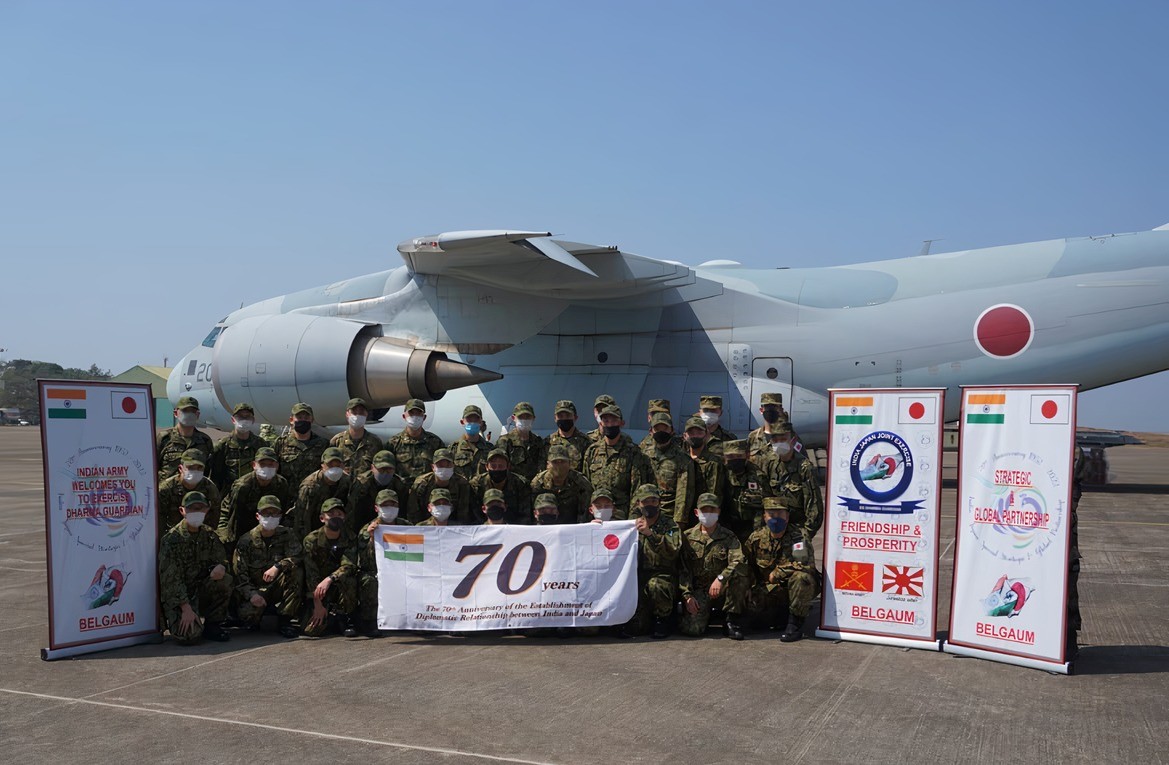 |
| The Japan Self-Defense Forces and the Indian Army have held the annual joint exercise “Ex Dharma Guardian-2022” from February 27, 2022 to March 10, 2022 in Belgaum province, Karnakata state, India. (Source: PTI) |
Challenges stand in the way
However, the relationship Japan-India There are also some significant challenges.
First of all, although the two sides have established relations for seven decades, bilateral cooperation, especially in the economic field, is still relatively modest. In the fiscal year 2019-2020, bilateral trade turnover reached only 16.95 billion USD. Meanwhile, despite border tensions, India-China trade will still reach $126 billion in 2021.
In addition, bilateral defense cooperation has not made much progress. The agreement on the production of Shimaywa US-2 aircraft between the two countries continues to be delayed. Limits in the Japanese Constitution and differences in weapons and equipment systems between the two countries make military cooperation and joint exercises between the Japan Self-Defense Forces (JSDF) and the Indian Army ineffective. as desired.
Some Indian scholars are also concerned that Japanese Prime Minister Kishida Fumio will pursue a softer stance towards China, a common concern of the Quad.
Finally, despite Japan’s efforts, India remained steadfast in its stance in the Russia-Ukraine conflict and once abstained from a draft Russia-related draft at the United Nations General Assembly on March 2. Unlike Tokyo, New Delhi has repeatedly refused to show its attitude to Moscow’s “special military operation”.
| The two countries still have a lot of work to do in the economic field to catch up with the deepening and widening bilateral political cooperation. |
In that context, Professor Rupakjyoti Borah, a researcher at the Forum for Strategic Studies (Japan), said that the two countries still have a lot of work to do in the economic field to catch up with the deepening bilateral political cooperation. sharp.
The recent visit of Japanese Prime Minister Kishida Fumio to India is certainly a positive signal to kick-start that important process.
at Blogtuan.info – Source: baoquocte.vn – Read the original article here
